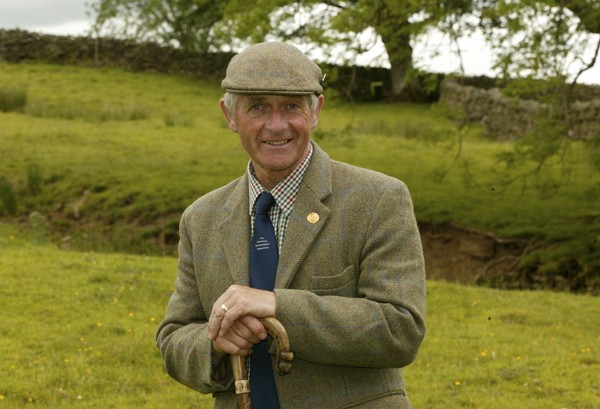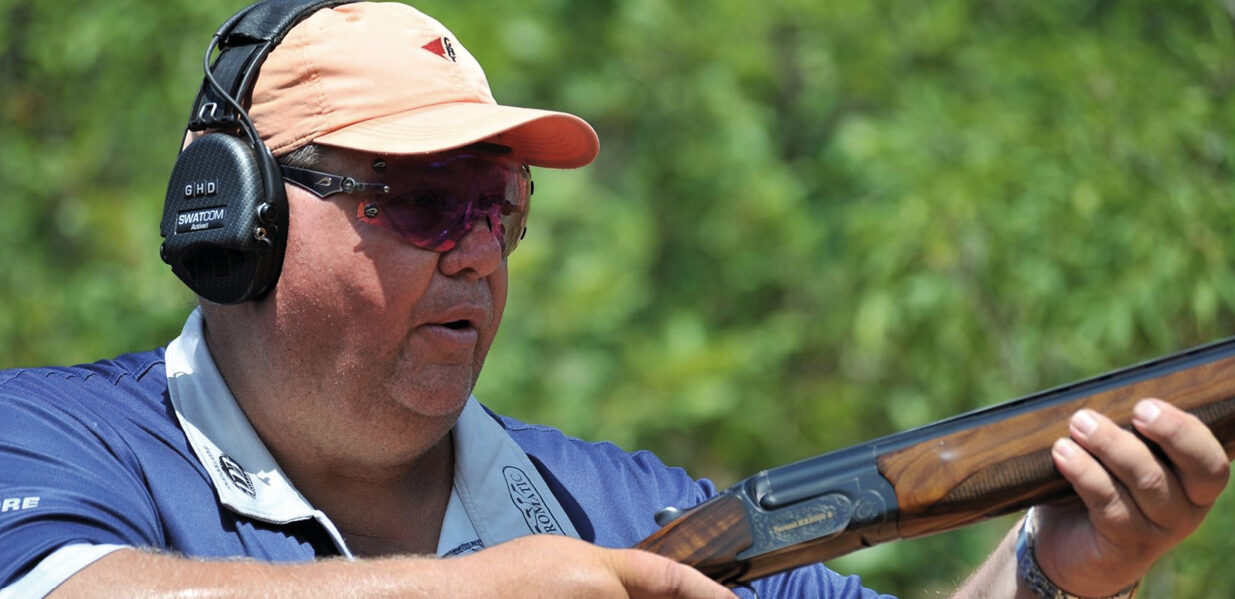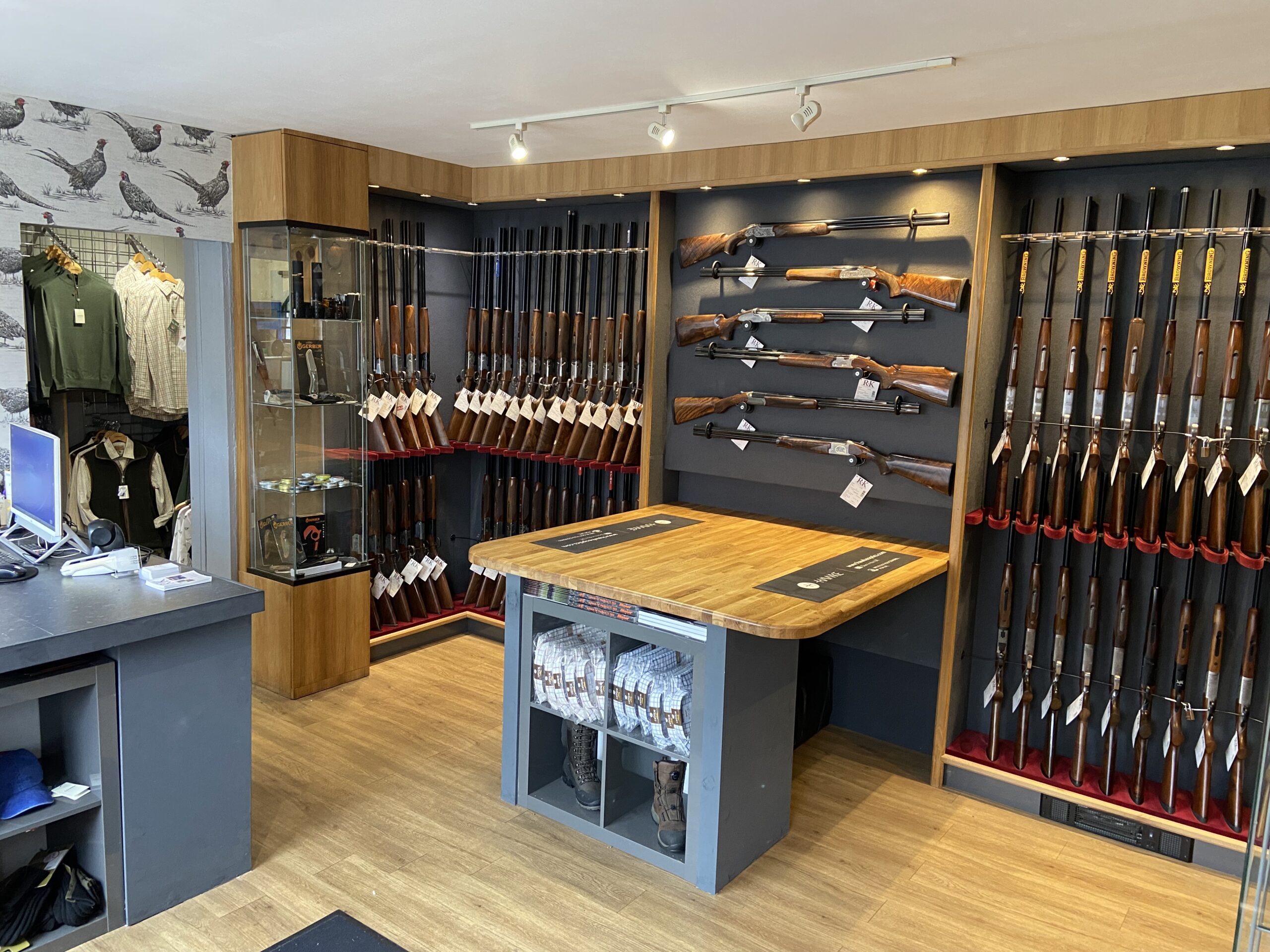Upland keeper

One of my beatkeepers moved up the gamekeeping ladder a couple of months ago and left us looking for a replacement. Contacting Helen Benson at the Gamekeepers? Welfare Trust is a good way to start as there are a number of good keepers who find themselves out of work through no fault of their own. The gamekeeping grapevine is also useful, as are the Shooting Times classified pages, and in due course, I found myself trawling through a number of applicants and pondering over their suitability.
Qualifications and knowledge
How times have changed, I thought as I looked over the various candidates and saw just how much they had put into their, in some cases, short careers. There is no doubt that all employers are seeking qualifications of some description, as a mark of any prospective candidate?s standing in the race ? a far cry from a number of years ago when experience was the key to success. Qualifications and knowledge are two entirely different things. A couple of generations ago if you did not have a decade of working as a keeper behind you, you stood little chance of moving on. But attitudes change, and soon experience became only part of the toolkit required. Legislation in the workplace, for that is what the countryside is despite some thinking it is a playground for the urban masses, means that we must all be trained to do our work. This does not necessarily mean that we attend college to learn the skills ? we can learn many of them from our peers, as long as the person doing the teaching is sound in his or her own knowledge. That?s all right for most of the day-to-day stuff keepers need to know; however, there are a number of areas where Grandfather?s teaching is simply not enough. And it is here that anyone seeking a new keeper starts to look more closely, as the costs involved in training are on occasions high, not just in terms of pounds sterling, but also in terms of time.
No young person may pull a trailer weighing more than a teaspoon unless they have done the relevant driving test which is not cheap and, for some, not easy to pass. No one can use, in layman?s terms, a knapsack spray unit without having spent three days obtaining the certificate. Add chainsaw, quad bike, four-wheel drive course, first aid, brush cutter, gassing compounds, gun safety, and lots more. The end result is someone into whom one or more employers has invested a great deal of time and money. Little wonder then, when poring over CVs, that if there are some candidates who on face value seem similar, the list of certification has some impact on whether or not they make the interview stage. My first headkeeper would be spinning in his grave if he was here today reading this, but then so would most of his era.
Learning from mistakes
For many young keepers the above may seem harsh, but the reality is that this is the world we now have to live in, with all the risks of legal claims in the event of an accident, not to mention the fact the headkeeper and possibly his employer might be prosecuted and taken to court as well. It is not, however, all simply a paper exercise. There is not the slightest doubt that the vast majority of the older generation of gun users would have avoided being half deaf if they had worn some sort of ear protection when they were younger.
For weeks of the summer, for a number of years, I spent day after day on a tractor with no cab and no ear defenders, with my head about four feet away from a large exhaust pipe hammering out its throaty roar. Throw in the chainsaw and everything else that we did and it is little wonder my hearing simply cannot cope with certain conditions. So the younger generation should listen and learn from our mistakes ? other people?s errors are better than making them yourself and suffering the consequences.
Dangerous occupations
There is also the fact that the rural occupations of farming, forestry and gamekeeping can be dangerous. We have the worst record regarding fatalities in industry, and that is nothing to be proud of, especially when many of them could be avoided. I doubt if there is a keeper born who does not consider much of what we have to do a complete pain, but then it?s not so much of a pain as the alternative, when an accident could mean the end of your life or the loss of your job through ill health. In the end, though, the old skills of observation and fieldcraft are as invaluable today as they have ever been, and despite all the training in the world, that is where the good keepers will always win.








